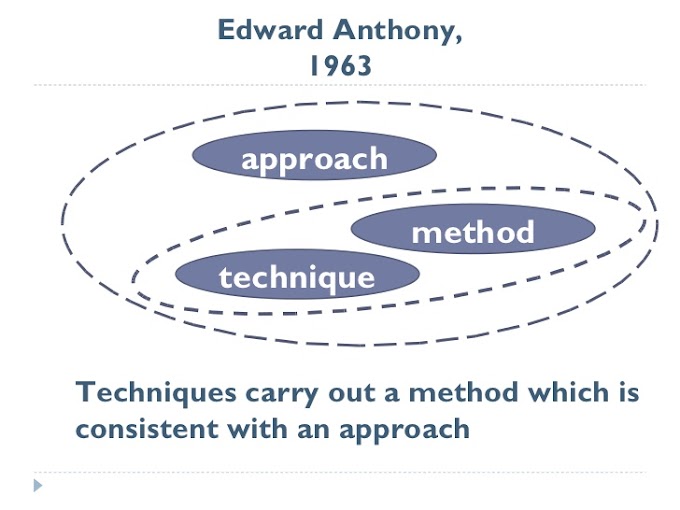 |
| Augustan Period of English Literature |
The important facts of the Augustan Period
- Scotland was annexed to England.
- Jacobite Raising continued.
- The first cabinet of England was formed.
- The first English daily newspaper, "The Daily Courant", appeared in London in 1702.
- The number of coffee houses, pubs, and clubs was multiplied and people learned the habit of living together.
- A number of literary associations started. Of them, the most famous was the Scriblerus Club. The members of this club were Alexander Pope, John Gay, John Arbuthnot, Jonathan Swift, and Thomas Parnell. The other clubs of this period were Kit-cat Club and the Spectator's club.
Major Writers Their Major Works of Augustan Period
- Daniel Defoe (1659-1731)
- Jonathan Swift (1667-1745)
"A Tale of a Tab" (1704)
"Gulliver's Travels" (1726)
- Joseph Addison (1672-1719) and Richard Steele (1672-1729)
- Alexander Pope (1688-1744).
"Dunciad" (1728)
"Epistle to Dr. Arbuthnot" (1735)
" An Essay on Criticism" (1711)
- Samuel Richardson (1689-1761)
- Henry Fielding (1707-54)
Main literary features of Augustan Age
- Neo-classical spirit continues.
- Poetry becomes a visual as well as verbal art following Horace's theory "as in painting, so in Poetry" ("ut pictura poiesis")
- Precise, formal, and elegant become the standard style of writing.
- Moderation, realism and rationalism become the main principles of creative works.
- The regular pentameter couplet and blank verse are to the best possible perfection.
- Lyric poetry losses dominance.
- The satirical verse continues.
- Satirical prose appears; it blends fact and fiction in new forms, such as biographies, travelogue, political allegories, and Romantic tales.
- Novels and journalism begin.




0 Comments